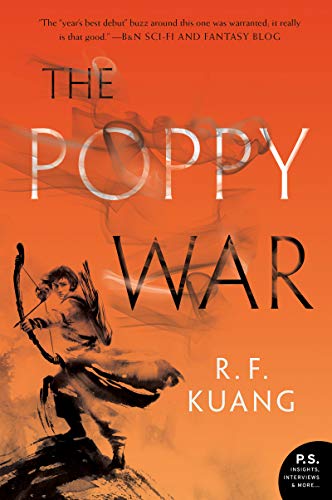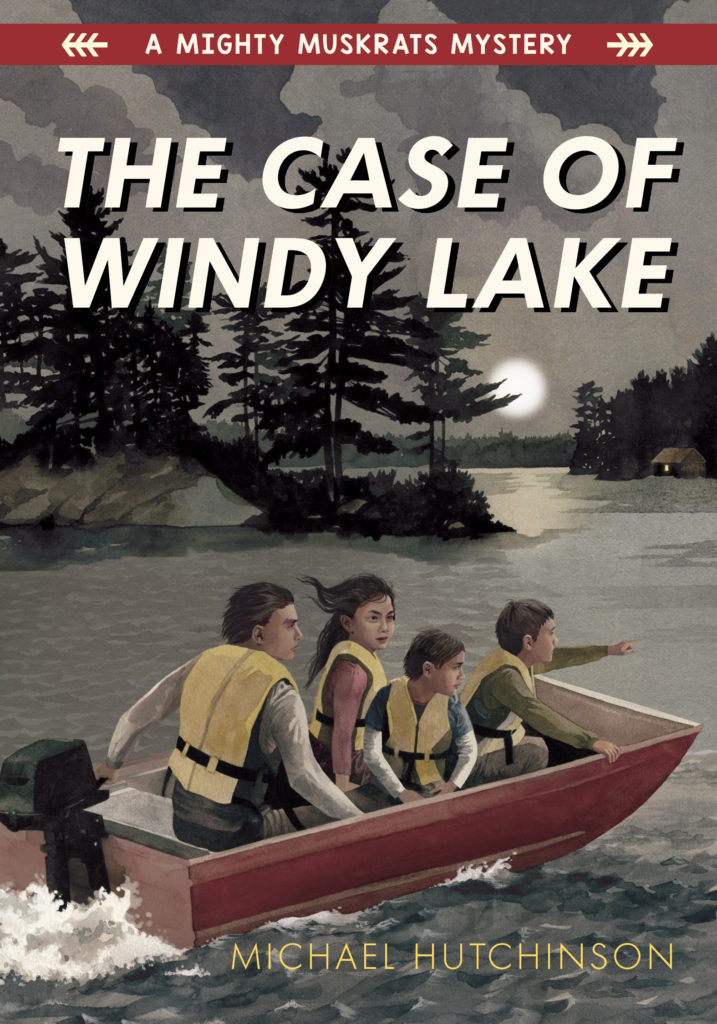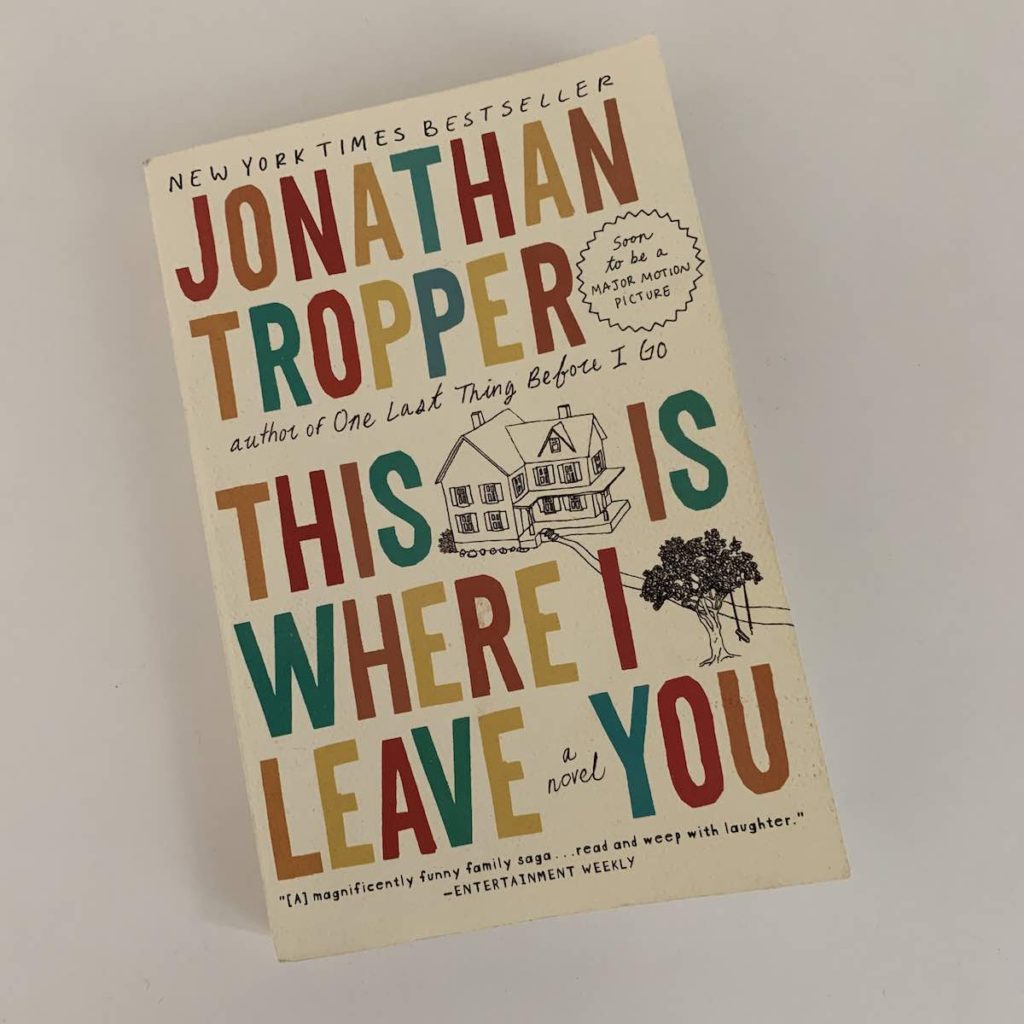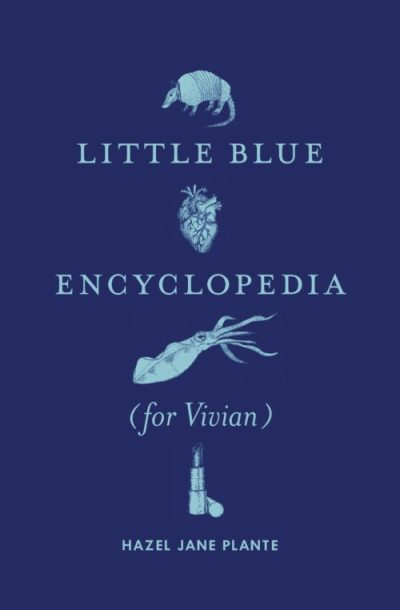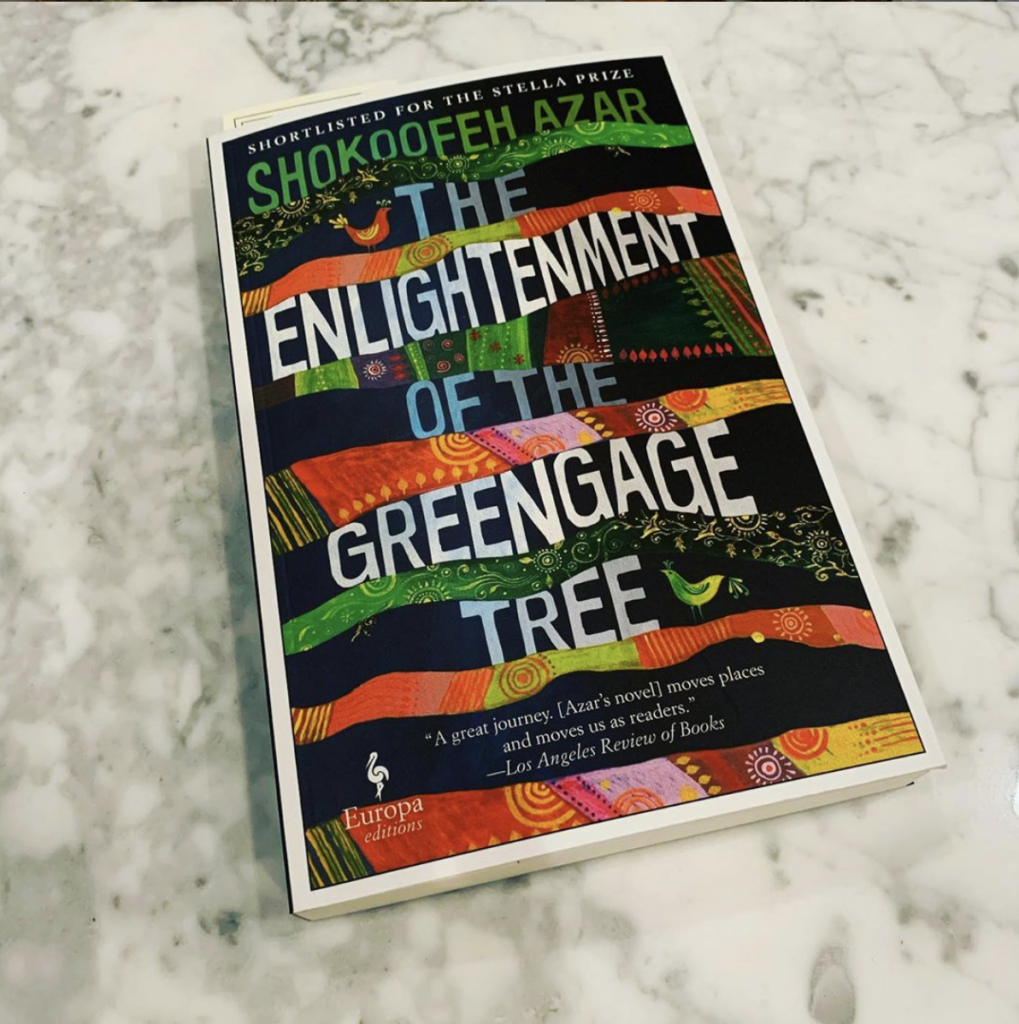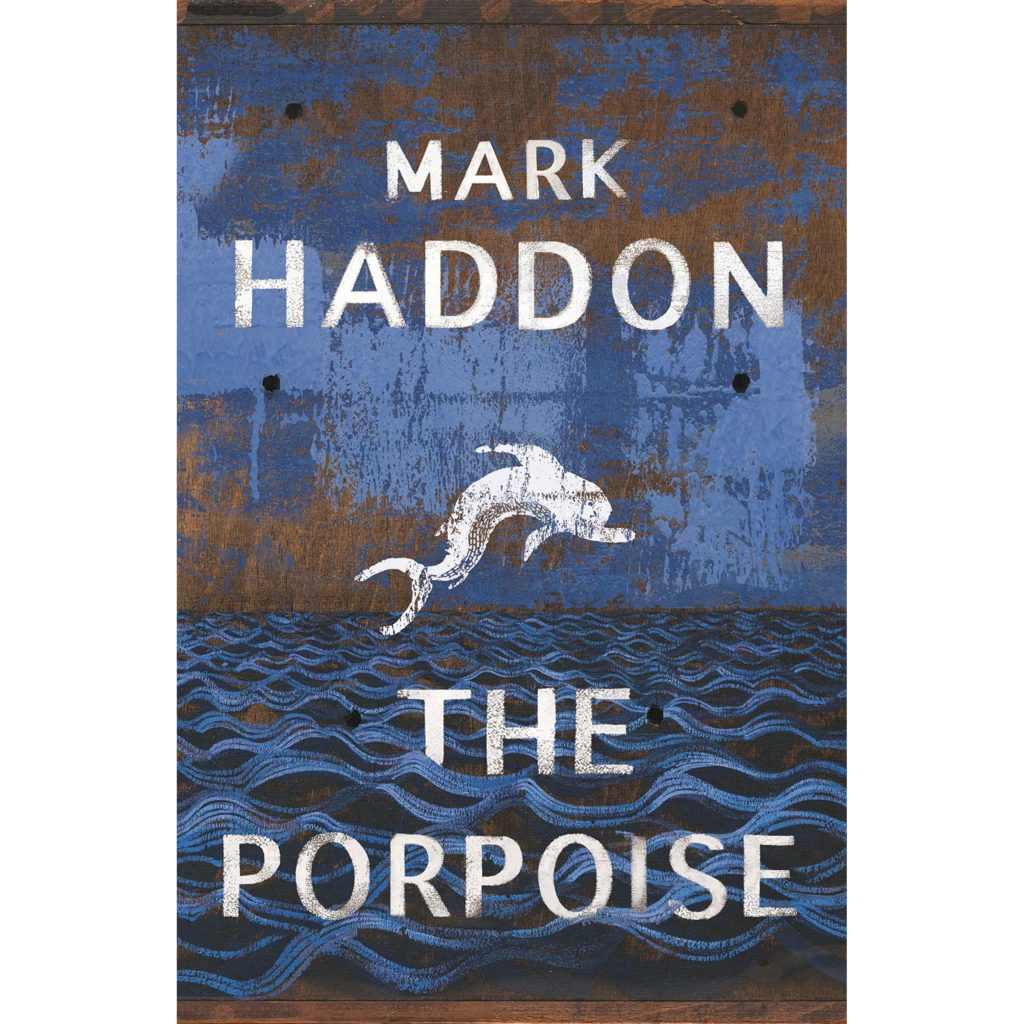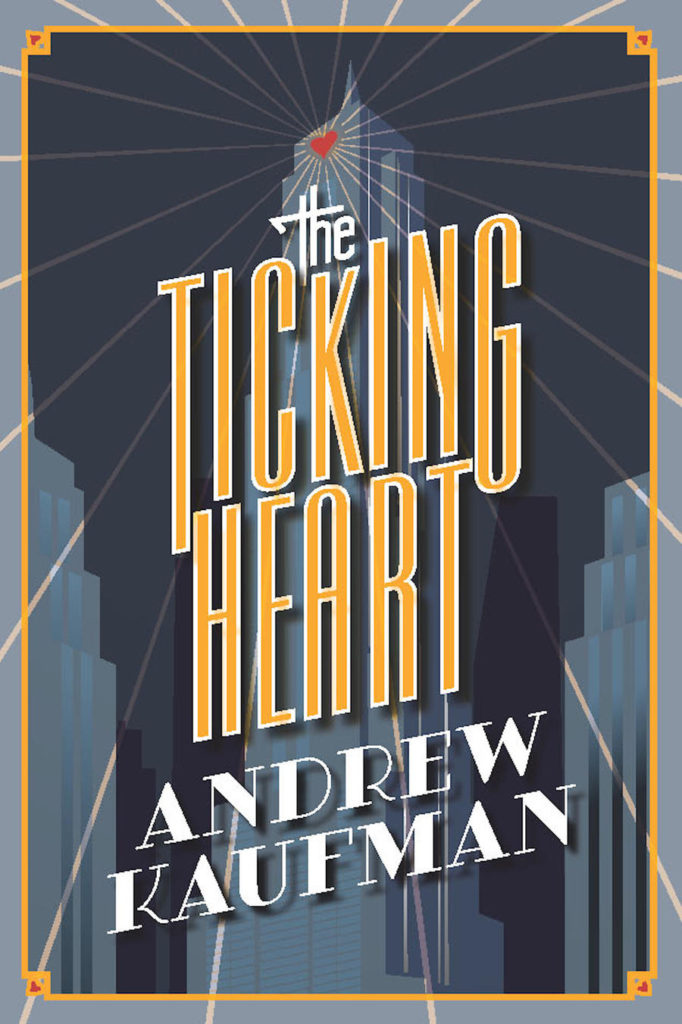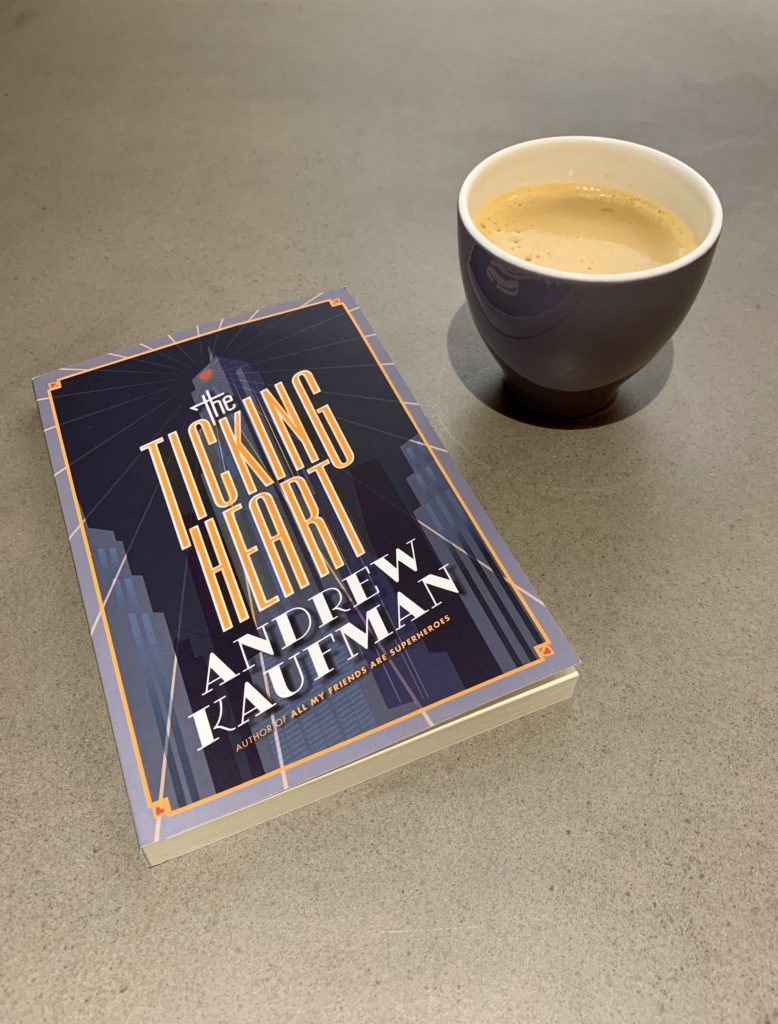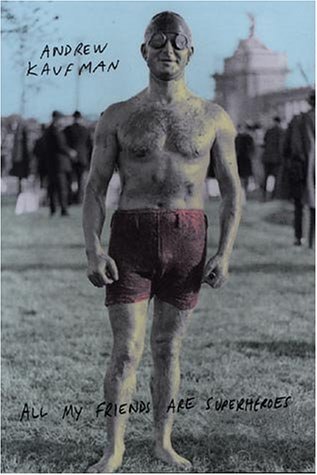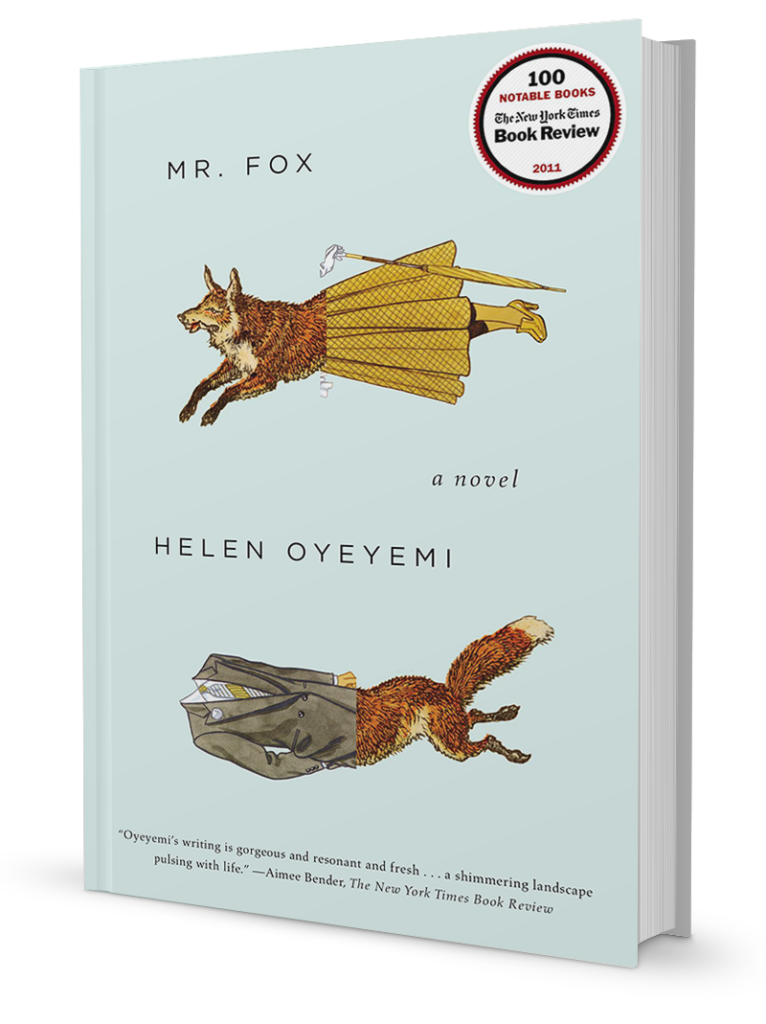The Poppy War is the first instalment in a Chinese-history inspired epic fantasy about empire, warfare, shamanism, and opium.
Rin is a war orphan living in the south part of the Empire, well away from the ruling class in the north. She means nothing to her guardians, who are quite happy to sell her off to a local official in exchange for him turning a blind eye to their illegal opium trade. Rin has other ideas.
Actually only one idea.
Rin convinces the local tutor to help her study for the Keju, the Empire-wide test to find the most talented youth who are then taught in the Empire’s elite military academies. Rin needs to score high in order to get into Sinegard, the most elite military school in Nikan, and the one that will give her free tuition.
As you can imagine, this all comes to pass. Rin’s next battle is against her classmates. She is discriminated against for her dark skin and southern accent. She is belittled for having no martial arts training, for being poor, for being female. But Rin is a fighter and she prevails against all the odds and becomes one of the top students in the school. Just in time to go to war.
This is a novel about tapping into your own powers and being brave. But it’s also about the xenophobic storytelling that informs how people treat each other. Kuang offers readers a rich fantasy, informed by 19th-century colonialism, Chinese history and its shamans and gods. The costs of war are at the forefront of the story and violence plays out in each part of the narrative, from Rin’s war-orphan childhood to the dehumanizing war-time experiments on civilians and soldiers.
There is blood and gore, so it’s not great for sensitive readers. I purchased my copy at Kidsbooks in Vancouver and they emailed to say they were moving from their teen section to adult. That said, I think a mature reader will enjoy the fantasy and also give pause to think about the history informing the novel.
Perfect for fans of Lord of the Rings or Do Not Say We Have Nothing by Madeleine Thien.
